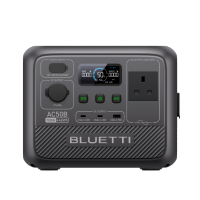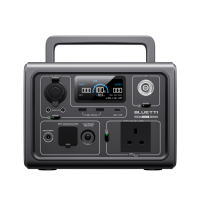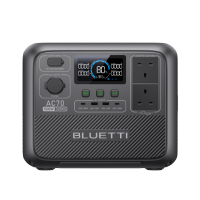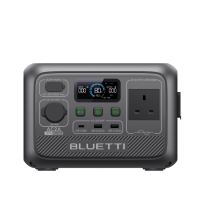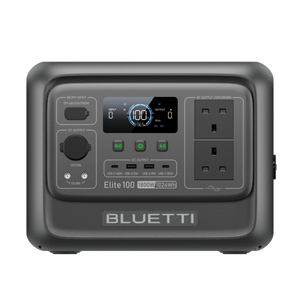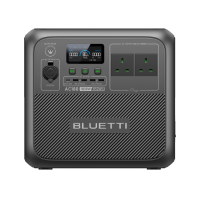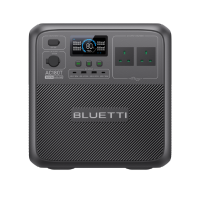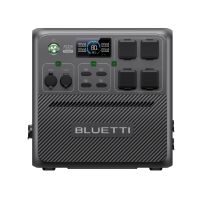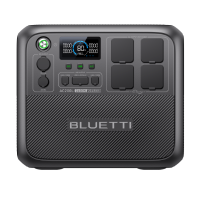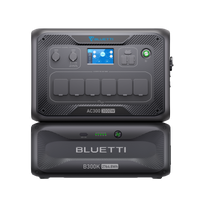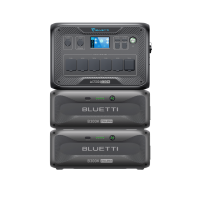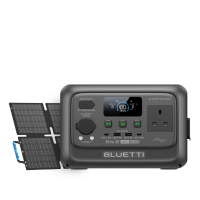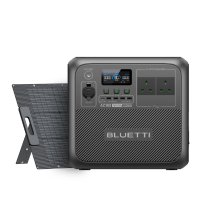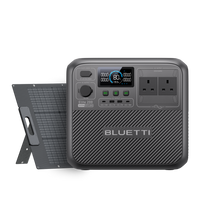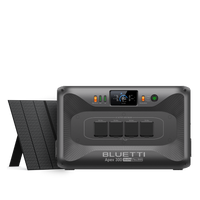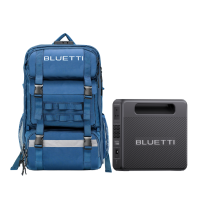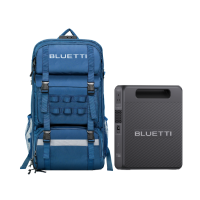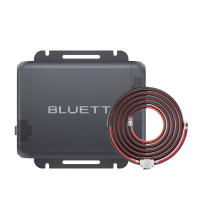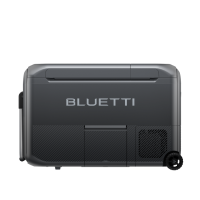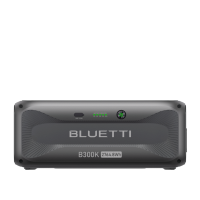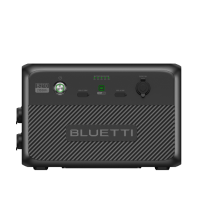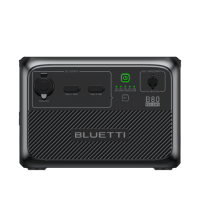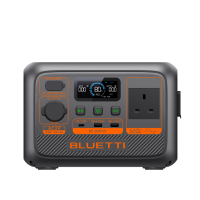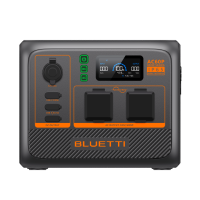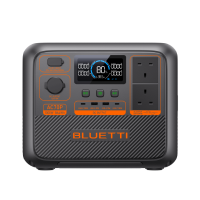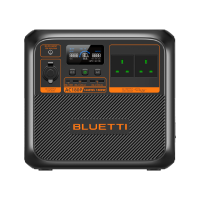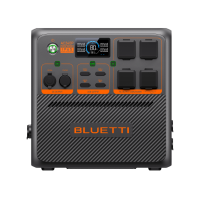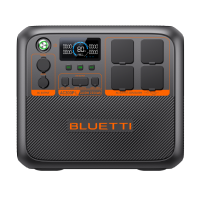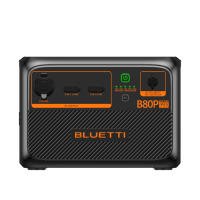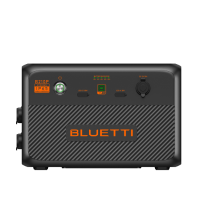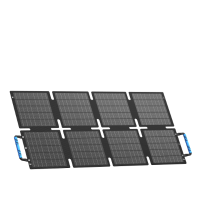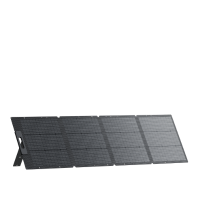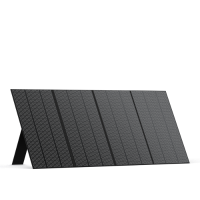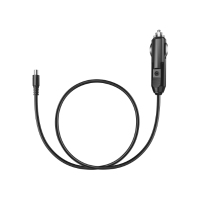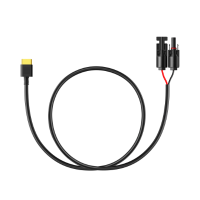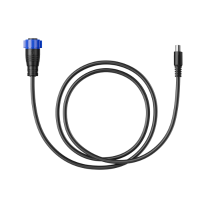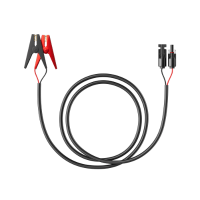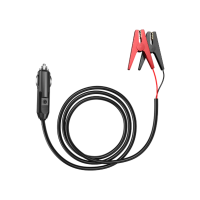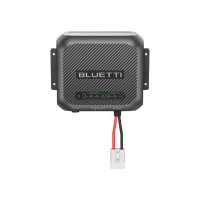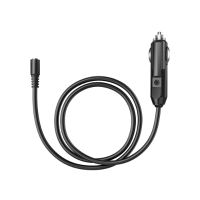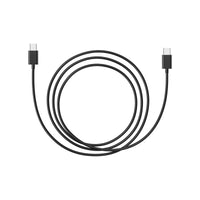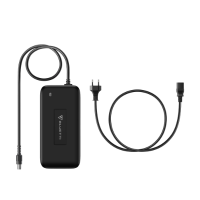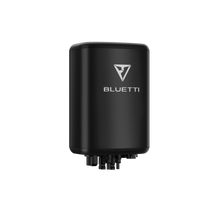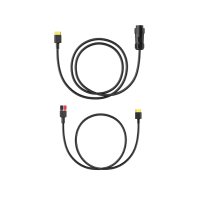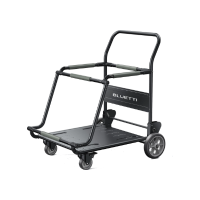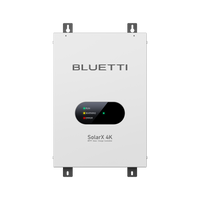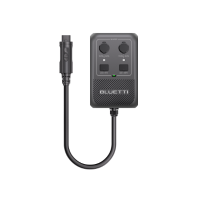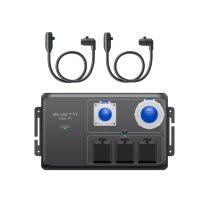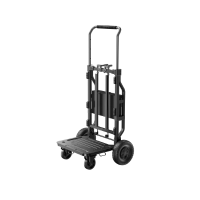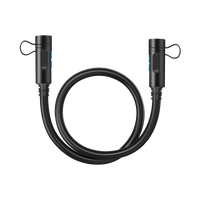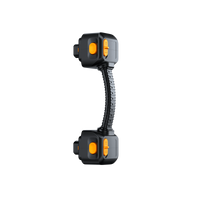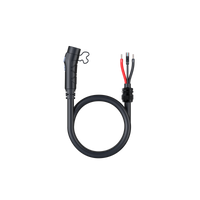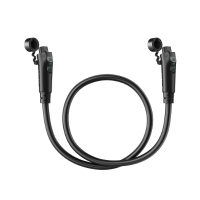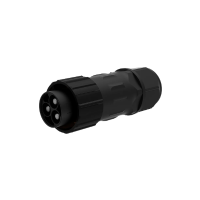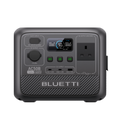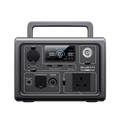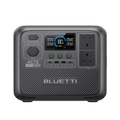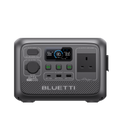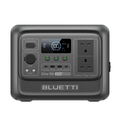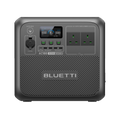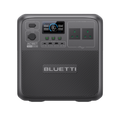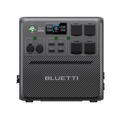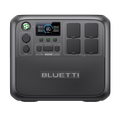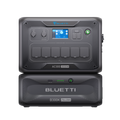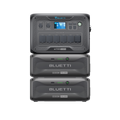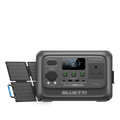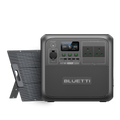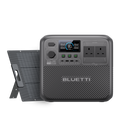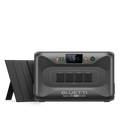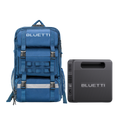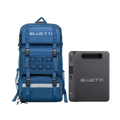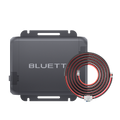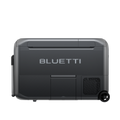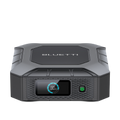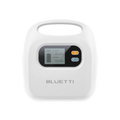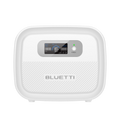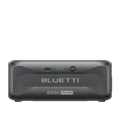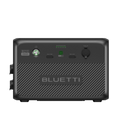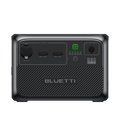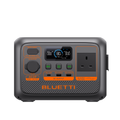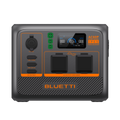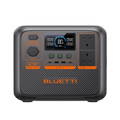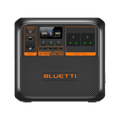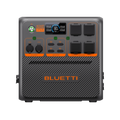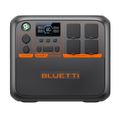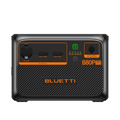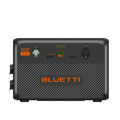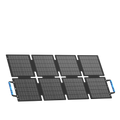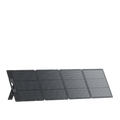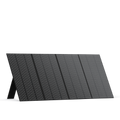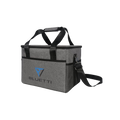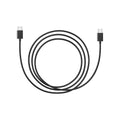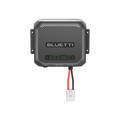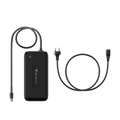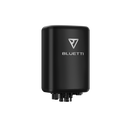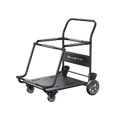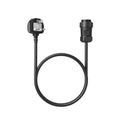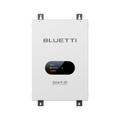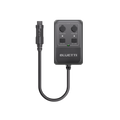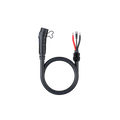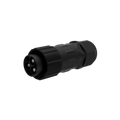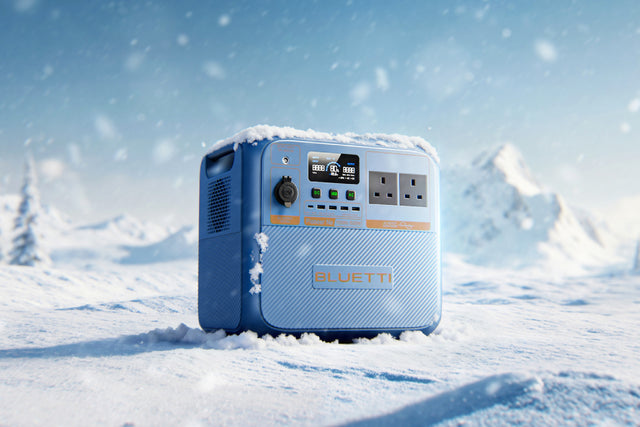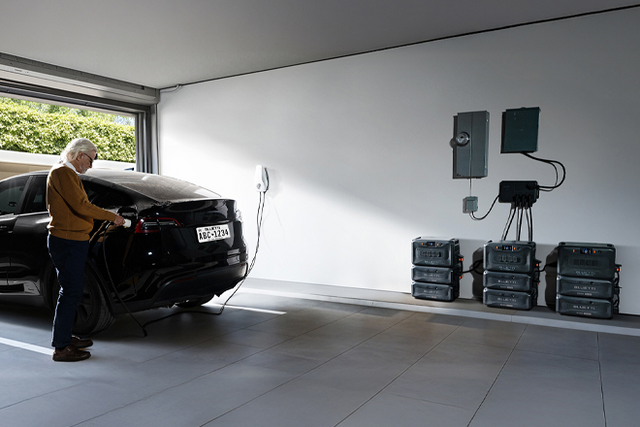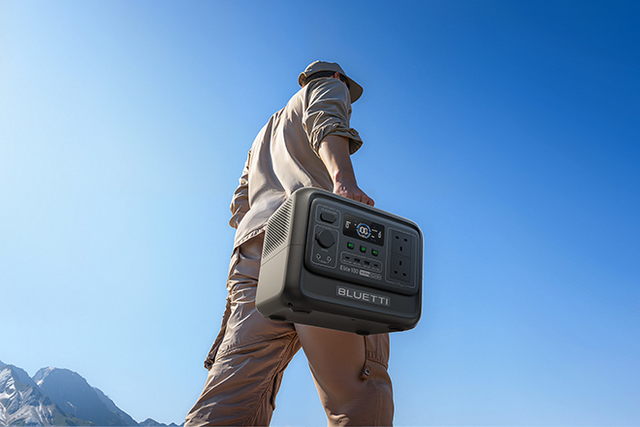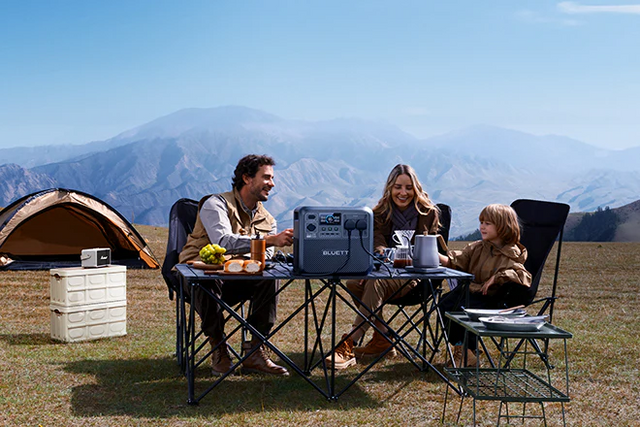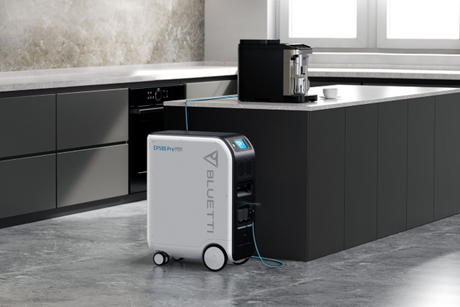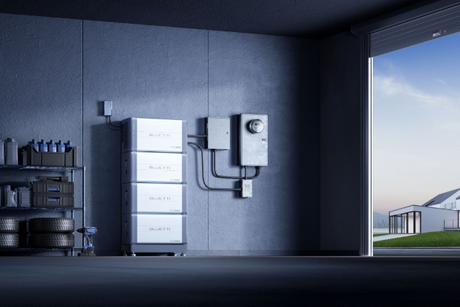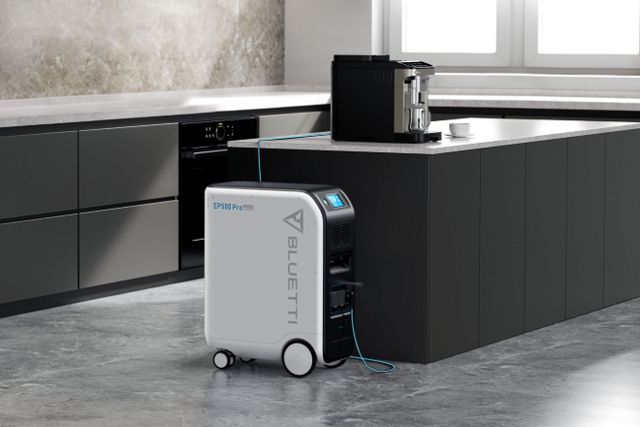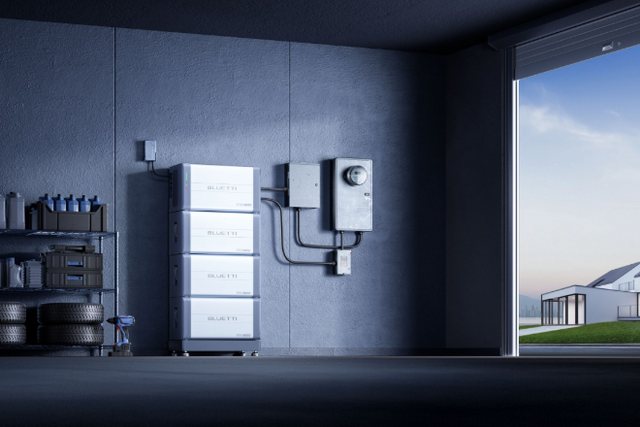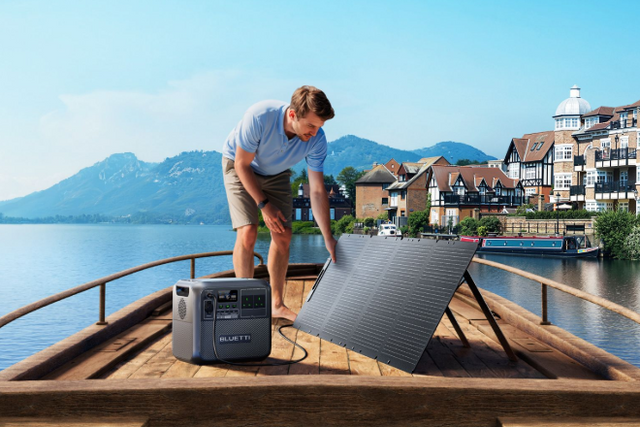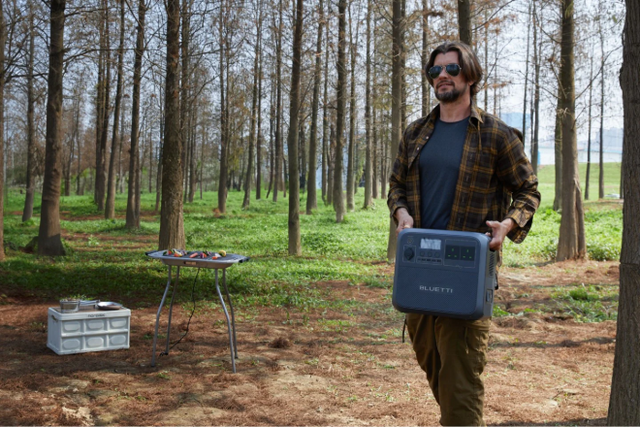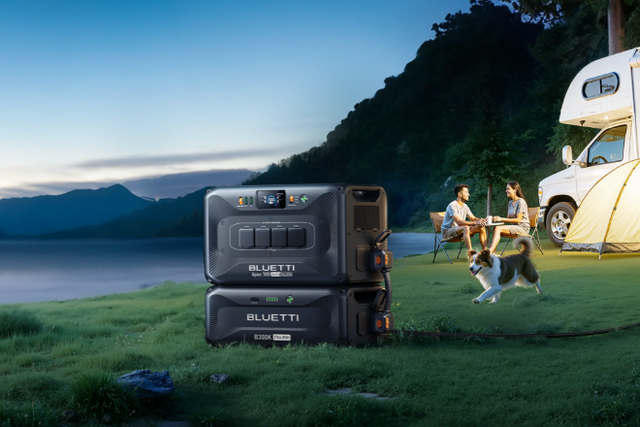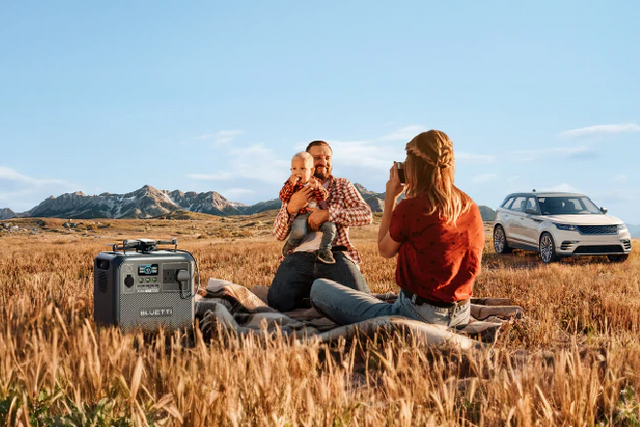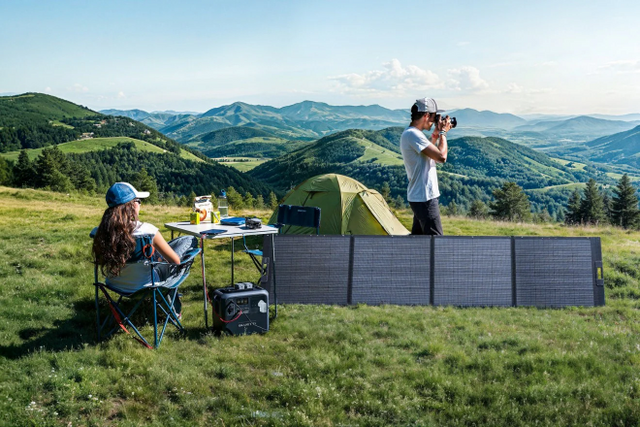What food to take camping without a fridge? Camping is a beloved pastime that allows people to reconnect with nature, escape the hustle and bustle of everyday life, and enjoy the simplicity of outdoor living. However, one of the key challenges of camping is managing food storage and ensuring that meals remain fresh and safe to eat. It is particularly tricky when camping without the convenience of a refrigerator. Proper planning and the right choice of food are crucial to maintaining a nutritious and enjoyable diet during your adventure.
This comprehensive guide explores the best foods to take camping without a fridge, covering breakfast, lunch, dinner, and snacks. Additionally, it offers practical tips on how to keep food fresh without refrigeration.
What Food to Take Camping Without Fridge?
What food to take camping without a fridge? Below is the list of items that you can take to camping without a fridge:
Food to Take Camping without Fridge for Breakfast
Oatmeal Packets
Instant oatmeal packets are a fantastic choice for camping breakfasts. They are lightweight, easy to pack, and require only hot water to prepare. Opt for varieties with added fruits or nuts for a nutritious start to your day.
Granola and Dry Cereal
Granola and dry cereals are convenient and versatile breakfast options. Pair them with powdered milk, or enjoy them plain. They provide a good mix of carbohydrates, fibre, and sometimes protein, especially if you choose those with added nuts or seeds.
Nut Butter Packets
Individual packets of almond or peanut butter are perfect for spreading on bread, crackers, or apple slices. They are rich in protein and healthy fats, ensuring a satisfying and energy-boosting breakfast.
Dried Fruit
Dried fruits such as raisins, apricots, and dates are excellent for adding a sweet touch to your breakfast. They are shelf-stable and packed with vitamins and minerals.
Breakfast Bars
Breakfast bars or protein bars are convenient, non-perishable, and often packed with nutrients. Look for those with natural ingredients and minimal added sugars to keep your energy levels steady throughout the morning.
Food to Take Camping without Fridge for Lunch
Canned Tuna or Chicken
What food to take camping without a fridge? Canned meats like tuna or chicken are protein-packed and do not require refrigeration. They can be easily added to sandwiches, wraps, or salads for a hearty lunch.
Hard Cheeses
Certain cheeses, such as cheddar, gouda, or Parmesan, can last for a few days without refrigeration. They make great additions to sandwiches or can be enjoyed with crackers.
Whole Grain Bread or Tortillas
Whole-grain bread and tortillas are excellent bases for sandwiches and wraps. They have a longer shelf life compared to regular bread and provide essential fibre and nutrients.
Hummus Packets
Single-serving hummus packets are convenient and do not require refrigeration. They are perfect for dipping vegetables, spreading on wraps, or enjoying with crackers.
Canned Beans
Canned beans, such as black beans, chickpeas, or kidney beans, are versatile and can be added to salads, wraps, or eaten on their own. They are rich in protein and fibre, making them a great lunch option.
Food to Take Camping without Fridge for Dinner
Dehydrated Meals
Dehydrated meals are specifically designed for camping and backpacking. They are lightweight, easy to prepare with boiling water and come in a variety of flavours and cuisines.
Pasta and Sauce
Pasta is a simple and non-perishable dinner option. Pair it with a jar of marinara or pesto sauce for a quick and satisfying meal. Pre-cooked pasta packets are also available for added convenience.
Instant Rice or Quinoa
Instant rice or quinoa packets are quick to cook and can be paired with canned vegetables, beans, or pre-cooked meats. They are filling and provide essential carbohydrates and proteins.
Foil Packet Meals
Prepare foil packet meals ahead of time with ingredients like sliced vegetables, pre-cooked sausage, or seasoned tofu. Wrap them in aluminium foil and cook over the campfire for an easy and delicious dinner.
Soup Packets
Instant soup packets are lightweight and only require hot water to prepare. They are comforting and can be paired with bread or crackers for a complete meal.
Food to Take Camping without Fridge for Snacks and Beverages
Trail Mix
A mix of nuts, seeds, dried fruits, and chocolate or yoghurt-covered treats makes a nutritious and satisfying snack. Customise your trail mix to include your favourite ingredients.
Jerky
Beef, turkey, or vegan jerky are excellent protein-rich snacks that do not require refrigeration. They are portable and great for nibbling on during hikes or between meals.
Fresh Fruits
Fruits like apples, oranges, and bananas can last for several days without refrigeration. They are refreshing and provide natural sugars for a quick energy boost.
Crackers and Pretzels
Crackers and pretzels are convenient snacks that pair well with cheese, nut butter, or hummus. Choose whole grain options for added nutrients.
Powdered Drink Mixes
Powdered drink mixes, such as electrolyte powders, instant coffee, or tea bags, are easy to pack and prepare. They can enhance your hydration and provide a comforting beverage.
How to Keep Food without a Fridge While Camping?
Keeping food fresh and safe without a fridge while camping requires thoughtful planning and the use of various strategies. Here are some effective methods to ensure your provisions stay in optimal condition throughout your trip:
Utilise a High-Quality Cooler
Investing in a high-quality cooler with excellent insulation is crucial. To maintain a consistent temperature, pre-chill the cooler with ice packs before use and use block ice, which melts slower than ice cubes. Pack frozen meats, dairy products, and beverages, placing them at the bottom of the cooler to keep them cold for longer.
Choose Dehydrated and Freeze-Dried Foods
Dehydrated and freeze-dried foods are lightweight, non-perishable, and easy to prepare, making them perfect for camping. Dehydrated meals require only hot water to prepare, while freeze-dried foods retain more flavour and nutrients and need water to rehydrate. Both options provide convenient, nutritious, and space-saving food solutions.
Use Dry Bags and Airtight Containers
Waterproof dry bags protect food from moisture and water, making them ideal for storing dry goods like bread, cereals, and snacks. Airtight containers keep air and moisture out, extending the shelf life of foods like pasta, rice, nuts, and dried fruits. Vacuum sealing also helps preserve food by removing air from the packaging, making it compact and waterproof.
Employ Natural Cooling Methods
If camping near a cold stream or river, store food in waterproof containers submerged in the water to keep it cool. Alternatively, bury food storage containers a few inches underground in areas with cooler soil temperatures. These natural methods can help maintain a lower temperature for your food.
Opt for Non-Perishable Foods
Choose shelf-stable items such as canned beans, vegetables, soups, dried pasta, grains, and jarred sauces. Fresh produce like apples, oranges, carrots, and bell peppers have longer shelf lives without refrigeration. Hard cheeses and cured meats, like Parmesan and salami, can last several days without refrigeration when stored in airtight containers.
Plan Meals to Minimise Perishables
Consume perishable items like fresh meat, dairy, and soft fruits and vegetables early in your trip. Prepare and pre-portion meals and snacks to streamline cooking and minimise food exposure. One-pot meals are efficient and require fewer ingredients, reducing the need for multiple storage containers.
Practise Safe Food Handling
Always wash your hands with soap and water before handling food. If water is scarce, use hand sanitiser or sanitising wipes. Ensure all meat and poultry are cooked to appropriate internal temperatures to kill harmful bacteria. Use separate cutting boards and utensils for raw and cooked foods to avoid cross-contamination.
Protect Your Food from Wildlife
In areas with wildlife, store food in bear-proof containers or hang it from a tree using a bear bag. Secure food and scented items at night and when you are away from the campsite to prevent animals from accessing your supplies. Maintain a clean campsite by promptly cleaning up spills and storing food properly to avoid attracting animals.
How to Keep Food with A Portable Fridge While Camping?
BLUETTI Swap Solar Ecosystem
For those looking to keep food chilled more efficiently while camping, the BLUETTI Swap Solar Ecosystem offers an innovative solution. This system includes the AC180T Power Station, MultiCooler Portable Fridge, and B70 Modular Battery, providing a reliable and sustainable way to power your refrigeration needs.

AC180T Solar Generator
The AC180T Solar Generator is a versatile power source that can be charged via solar panels or a car. It ensures you have a consistent energy supply, even in remote locations.
MultiCooler Portable Fridge
The BLUETTI MultiCooler is the world's first portable fridge powered by next-gen safe and efficient LFP batteries. With its high energy density and long lifespan, it can keep your food and beverages cool for up to three days per battery. It also features tilt protection and vibration resistance, making it ideal for rugged camping trips.
B70 Modular Battery
The B70 Modular Battery can be swapped out and charged separately, providing additional power when needed. This modular approach ensures you can extend your cooling capabilities without interruptions.
Rules for Taking Food While Camping without Fridge
Plan Your Meals:
Plan your meals to ensure you have all the necessary ingredients and avoid wastage.
Opt for Non-Perishable Foods:
Choose foods that have a long shelf life and do not require refrigeration.
Keep it Simple:
Simple recipes with minimal ingredients are easier to prepare and manage while camping.
Use Proper Storage:
To keep food fresh and protected, store it in airtight containers, dry bags, or coolers.
Practice Food Safety:
Always practise good hygiene and food safety by washing your hands before handling food and cooking it thoroughly.
Conclusion
Camping without a fridge doesn't mean you have to compromise on delicious and nutritious meals. With the right planning and selection of non-perishable foods, you can enjoy a variety of tasty dishes throughout your trip. Additionally, innovative solutions like the BLUETTI Swap Solar ecosystem provide reliable and sustainable ways to keep your food cool, ensuring a more comfortable and enjoyable camping experience.Shop products from this article
You May Also Like

Winter Fuel Payment: Eligibility, Payment Dates, and Winter Energy Tips
Winter Fuel Payments are the best source for pension-age households to manage rapidly increasing winter energy costs. Explore more on the eligibility, payment dates, allowance amounts, and practical winter energy...

Sodium-Ion vs Lithium-Ion Battery: The Real Science behind Cold Weather Battery Drain
Why is sodium-ion battery often considered more reliable in winter? Do you know the real science behind it? In this guide, you will explore the comparison between lithium-ion and sodium-ion...

Oven Power Consumption Explained: How Much Electricity Does Your Oven Use?
Have you ever thought about how much electricity your oven uses? What's the power rating in UK homes, or the associated cost with it? Discover some tips to reduce your...


